The National Defence Academy (NDA) is a prestigious institution that trains candidates to serve their nation’s defense. However, after successfully cracking the NDA exam, many candidates are unsure about what steps to take next. In this comprehensive guide, we will explore the various opportunities and career paths available to individuals who have cleared the NDA exam. Whether you aspire to join the Indian Army, Navy, or Air Force, this article will provide you with valuable insights and guidance on what to do after passing the NDA exam.
1. Introduction to the NDA Exam
The National Defence Academy (NDA) exam is conducted twice a year by the Union Public Service Commission (UPSC) to select candidates for the Army, Navy, and Air Force wings of the NDA and the Indian Naval Academy Course (INAC). The exam is open to both male and female candidates who meet the eligibility criteria.
2. The NDA Selection Process
The NDA selection process consists of two stages: the written exam and the Services Selection Board (SSB) interview. The written exam is the first step for all candidates, and those who clear the exam are invited for the SSB interview. The final selection is based on the candidate’s performance in both the written exam and the SSB interview.
3. NDA Exam Overview
The NDA exam is conducted twice a year, and candidates must apply online through the official UPSC website. The exam consists of two papers: Mathematics and General Ability Test (GAT). The duration of each paper is 2.5 hours, and the maximum marks for each paper vary. The exam is conducted offline, and candidates must be well-prepared in subjects like mathematics, English, general knowledge, and current affairs.
4. The Written Exam
The written exam is the first stage of the NDA selection process. It consists of two papers: Mathematics and General Ability Test (GAT). The mathematics paper tests the candidate’s mathematical aptitude, while the GAT paper assesses their English language skills, general knowledge, and logical reasoning. The written exam is objective in nature and requires candidates to answer multiple-choice questions.
Mathematics Paper
The mathematics paper in the NDA exam is designed to evaluate the candidate’s mathematical skills and problem-solving abilities. It covers topics such as algebra, trigonometry, geometry, calculus, and statistics. Candidates must have a strong foundation in these areas to perform well in the mathematics paper.
General Ability Test (GAT)
The GAT paper tests the candidate’s overall aptitude and knowledge in various areas. It includes sections on English, general knowledge, physics, chemistry, general science, history, geography, and current affairs. Candidates must have a good command of the English language and be well-versed in general knowledge topics to score well in the GAT paper.
5. The SSB Interview
Candidates who clear the written exam are shortlisted for the Services Selection Board (SSB) interview, which is the second stage of the NDA selection process. The SSB interview is a comprehensive assessment of the candidate’s personality, aptitude, and suitability for a career in the defense forces. It is conducted over a period of five days and consists of various tests and activities.
Stage I: Screening
The first day of the SSB interview includes screening tests to assess the candidate’s Officer Intelligence Rating (OIR) and Picture Perception and Description Test (PPDT). These tests evaluate the candidate’s ability to think logically, analyze situations, and communicate effectively.
Stage II: Psychological Tests
The second stage of the SSB interview includes a series of psychological tests that assess the candidate’s personality traits, leadership qualities, and social skills. These tests include the Thematic Apperception Test (TAT), Word Association Test (WAT), Situation Reaction Test (SRT), Self-Description Test (SD), and Group Discussion (GD).
Stage III: Group Testing
The third stage of the SSB interview focuses on group testing, which includes a series of group activities and tasks. These activities assess the candidate’s ability to work as part of a team, demonstrate leadership skills, and make effective decisions under pressure. The tasks may include group planning exercises, group obstacles or tasks, and command tasks.
Stage IV: Interview
The fourth day of the SSB interview involves a personal interview with the interviewing officer. The interview is an opportunity for the candidate to showcase their knowledge, aspirations, and suitability for a career in the defense forces. The interviewer may ask questions related to the candidate’s background, education, interests, and motivation to join the defense forces.
Stage V: Conference
The final stage of the SSB interview is the conference, where all the assessors and board members discuss and evaluate the performance of each candidate. The conference determines the final recommendation and selection of candidates based on their performance throughout the SSB interview.
6. Final Selection and Joining the NDA
The final selection for the NDA is based on the candidate’s performance in both the written exam and the SSB interview. Candidates who meet the cutoff marks and are recommended by the SSB board are eligible for joining the NDA. The final allocation of candidates to the Army, Navy, and Air Force wings of the NDA is based on vacancies, eligibility, medical fitness, and merit-cum-preference.
Once selected, candidates are required to undergo thorough medical examinations to ensure they are physically and mentally fit for service. Candidates who pass the medical examination are then provided with joining instructions and are given a specific date to report to the NDA for training.
7. Training at the National Defence Academy
After joining the NDA, candidates undergo rigorous training for a period of three years. The training at the NDA focuses on academic, physical, and military training. The cadets are exposed to a wide range of subjects, including mathematics, sciences, humanities, and military studies. The training is aimed at developing their leadership qualities, discipline, and physical fitness.
During the training period, cadets from all three wings of the NDA receive the same training for the first two and a half years. They undergo physical training, participate in various sports and outdoor activities, and are exposed to military drills and exercises. The training also includes classroom sessions, where cadets learn about military tactics, strategy, and national security.
8. Specialized Training and Academies
After completing the training at the NDA, candidates are assigned to specialized training academies based on their chosen wing of the defense forces. The Indian Military Academy (IMA) in Dehradun is the training academy for Army Cadets, while the Indian Naval Academy (INA) in Ezhimala trains Naval Cadets. Air Force Cadets undergo training at the Air Force Academy in Hyderabad.
The specialized training at these academies focuses on developing the specific skills and knowledge required for each wing of the defense forces. The training includes theoretical classes, practical exercises, field training, and simulations. Upon successful completion of the specialized training, cadets are commissioned as officers in their respective wings of the defense forces.
9. NDA Salary and Ranks
The salary and ranks in the NDA vary based on the officer’s position and experience. The cadets at the NDA receive a stipend during their training period. Once commissioned, the officers receive a salary based on their rank and position. The salary structure in the NDA ranges from Lieutenant to General, and it increases with the officer’s promotion and years of service.
In conclusion, cracking the NDA exam opens up a world of opportunities for individuals who aspire to serve their nation in the defense forces. After passing the written exam and clearing the SSB interview, candidates undergo rigorous training at the NDA and specialized training academies. The career path in the defense forces offers a challenging and rewarding experience, along with opportunities for personal growth and development. By following this comprehensive guide, candidates can make informed decisions about their future after cracking the NDA exam.
10. Frequently Asked Questions (FAQs)
Q1. What should we do after the NDA exam?
After successfully cracking the NDA exam, candidates are required to undergo the SSB interview and medical examination. Once selected, they need to report to the NDA for training.
Q2. How long is the training at the NDA?
The training at the NDA is for a period of three years. During this time, cadets undergo academic, physical, and military training to prepare them for a career in the defense forces.
Q3. What happens after completing training at the NDA?
After completing the training at the NDA, candidates are assigned to specialized training academies based on their chosen wing of the defense forces. They undergo further training to develop the specific skills required for their respective roles.
Q4. What is the salary of an NDA officer?
The salary of an NDA officer varies based on their rank and position. It increases with promotions and years of service.
Q5. Can females join the NDA?
Currently, only male candidates are eligible to join the NDA. However, there are separate entry schemes for females in the defense forces, such as the Short Service Commission (SSC) and the Women Special Entry Scheme (WSES).
Additional Information:
- It is important to maintain physical fitness throughout the selection process and training period.
- Candidates should stay updated with current affairs and national security-related topics.
- Time management and effective study strategies are crucial for success in the NDA exam.
- Candidates should consider joining coaching institutes or online courses to enhance their preparation for the NDA exam.

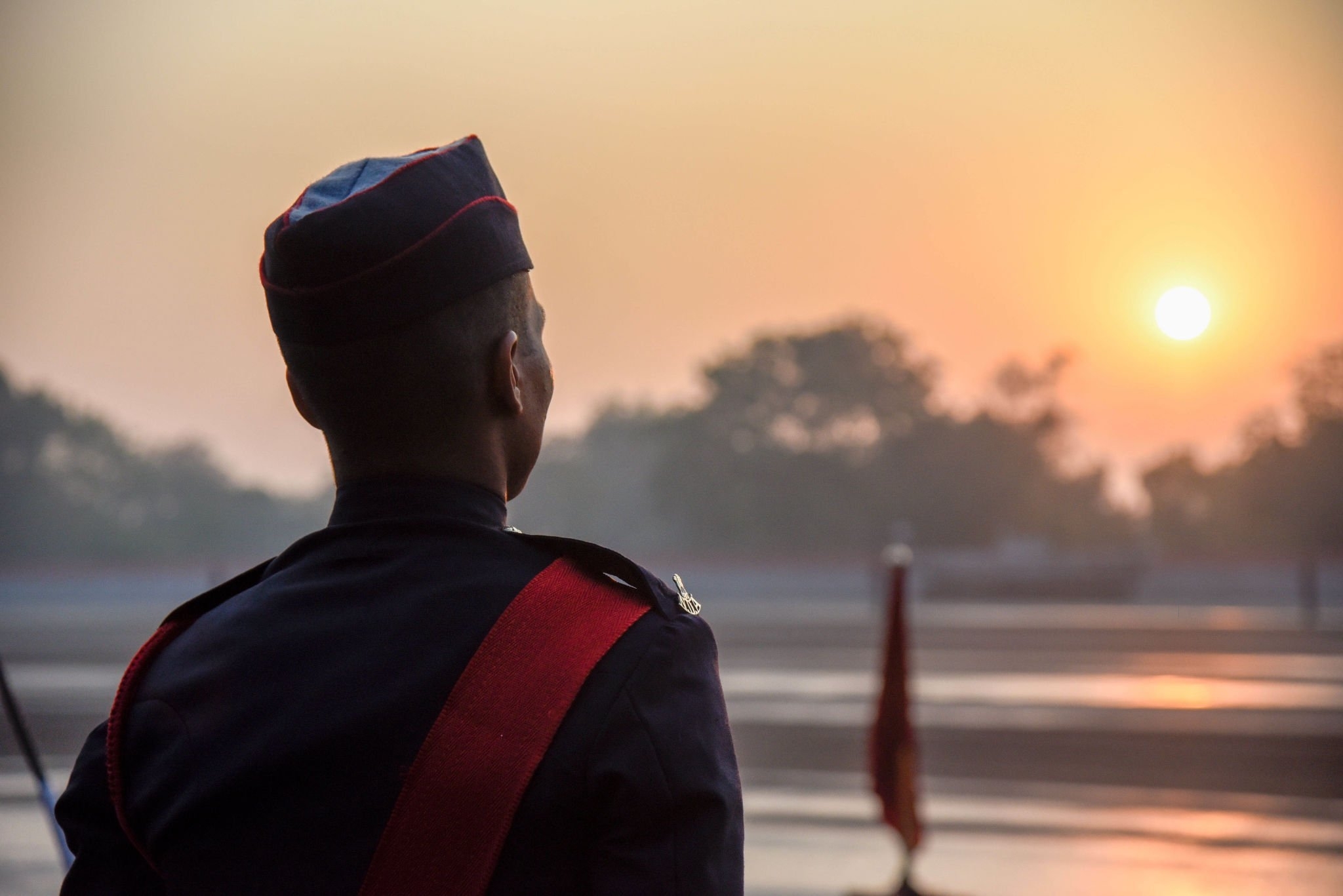

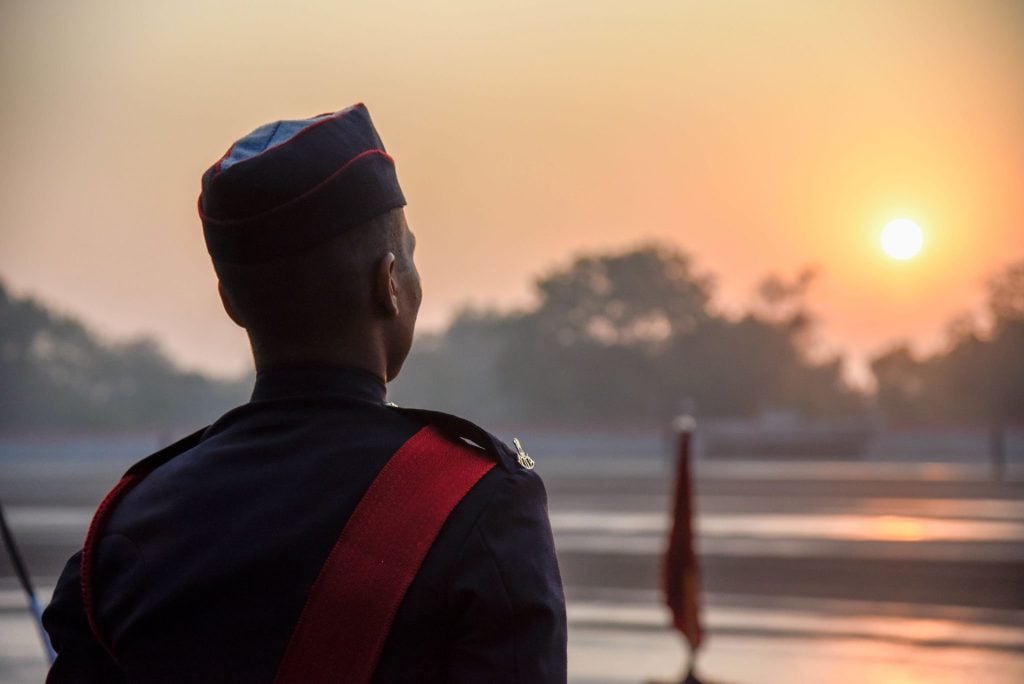

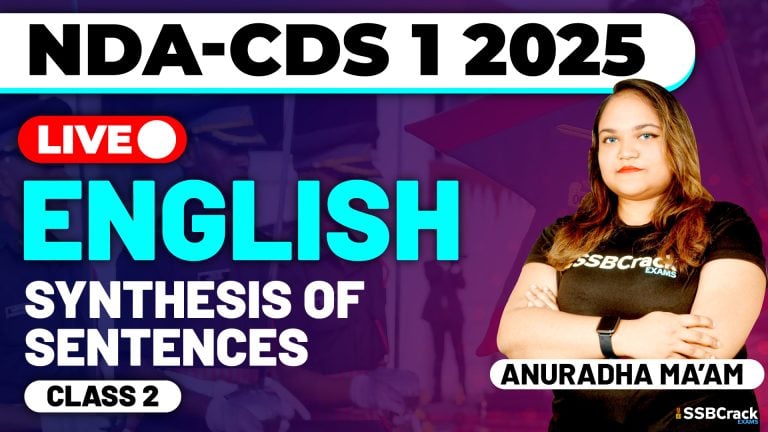

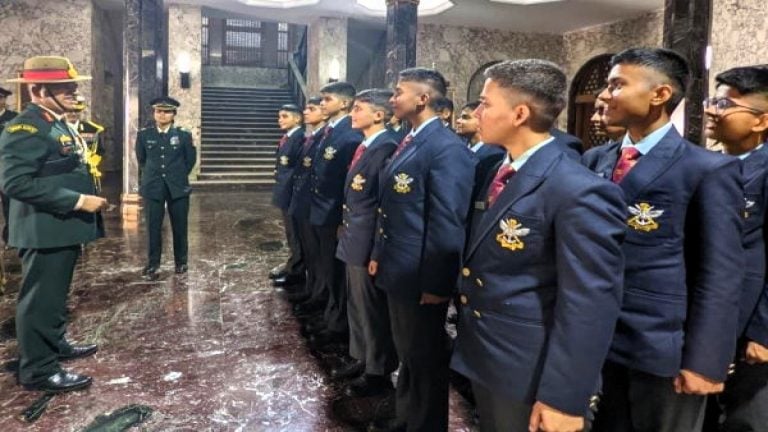
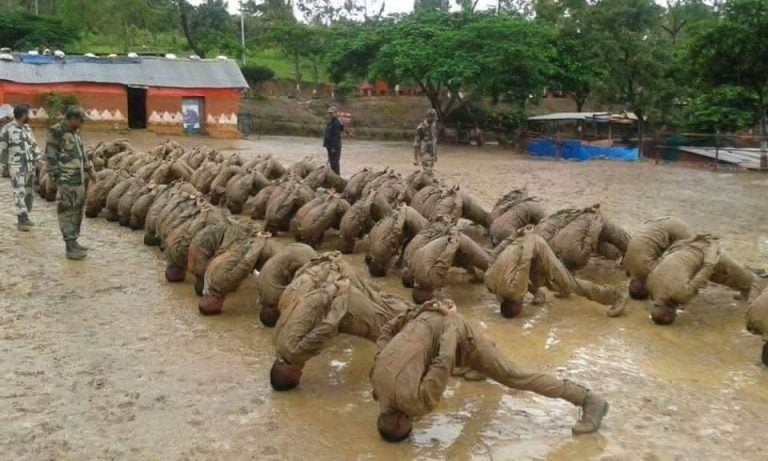
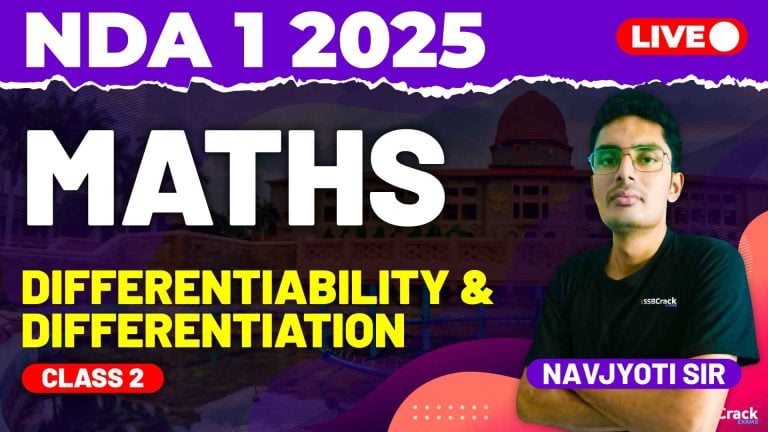

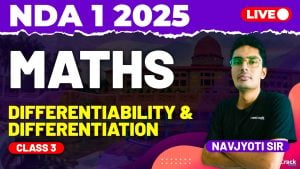


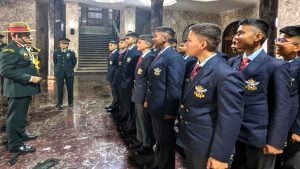



I like to join the Indian army officer and I do my level best